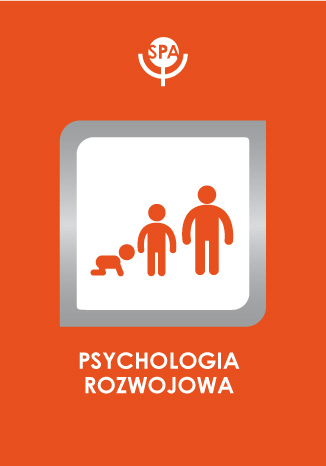Regiony mentalne w mapach poznawczych środowiska zamieszkania

Aleksander Hauziński, Instytut Psychologii, Augustyn Bańka
DOI:
Rocznik: 2002 Tom: 8 Numer: 2
Strony: 163–176
The article presents research concerning cognitive maps and spatial knowledge acquisition. Classical theories concerning cognitive maps and modern theories referring to mental regions have been described. It has been argued that the existing research so far on the structures of cognitive maps does not concern the variable of crime threat. The carried out research concerned the influence of safety perception and the knowledge of crime threat on the evaluation of anchor points distance and the regional structure in cognitive maps. The latest tools (from the 90's) of empirical descriptions of cognitive structures were used in the presented research. The aim of the article is to present the theory and the research results concerning spatial knowledge of the living environment threatened with crime. It has been assumed that physical, spatial and social features of the living environment influence both the process of cognitive knowledge formation and the attitudes towards and perception of the safety in the environment.









 Pobierz pełny tekst
Pobierz pełny tekst



